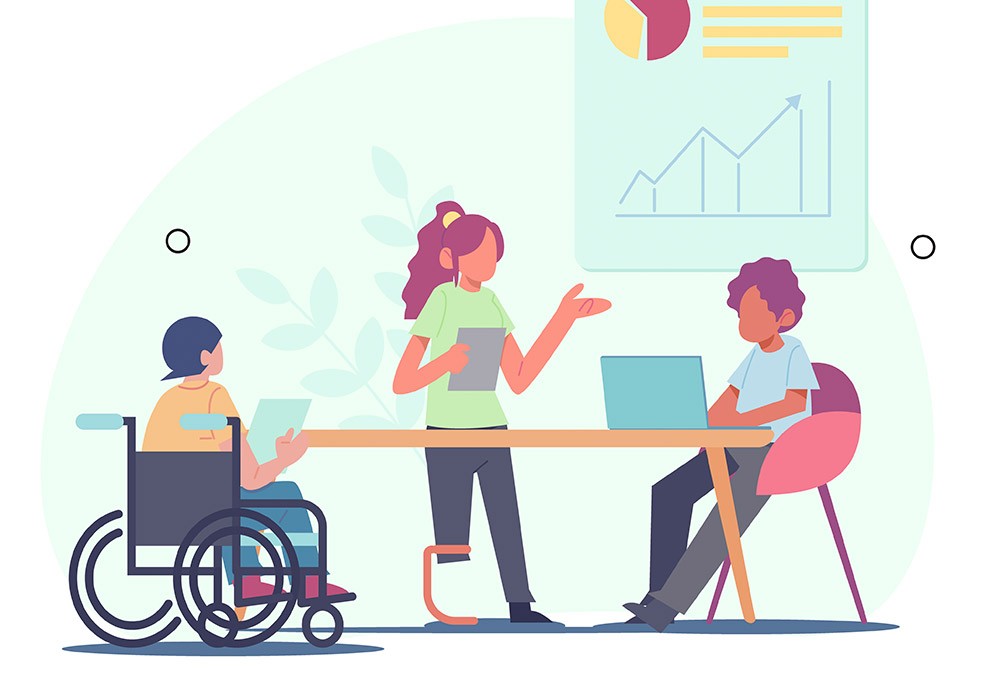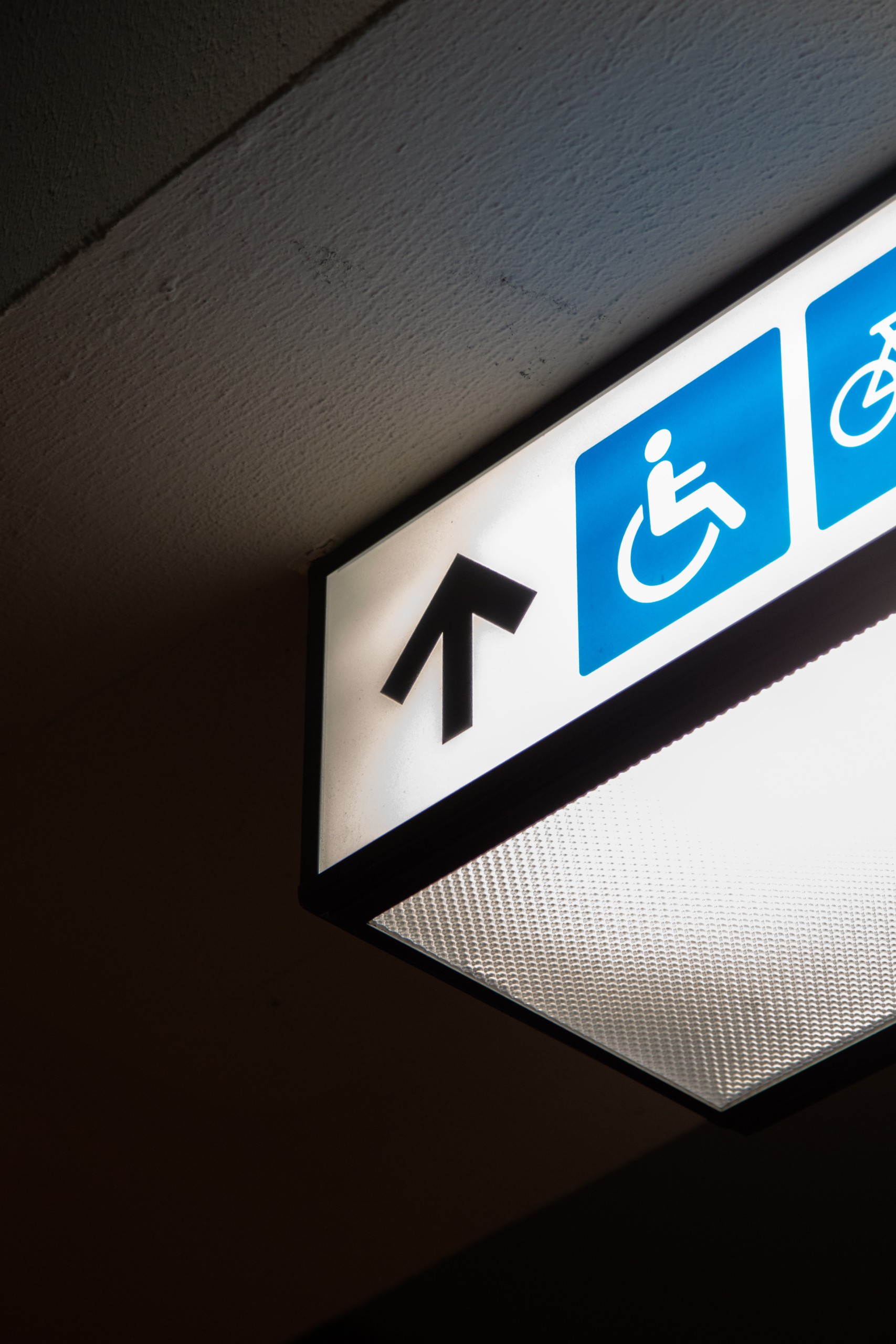It was not until the 21st century, according to the As Jesús Argumedo, diversity specialist at ACCIONA with a visual impairment, pointed out, “talent must always come before disability“.
People with disabilities sometimes face cultural barriers that are even more difficult to overcome than architectural or technological barriers. These barriers, which are rooted in the social imaginary, can make it difficult for people with disabilities to enter the labour market and limit their opportunities. In this article, we’ll explore the cultural factors that often prevent people with disabilities from accessing quality job offers and discuss how we can overcome them to generate greater inclusion in the workplace.
What will I read in this article?
The way we understand disability has evolved throughout history. If we go back centuries, in ancient cultures it was associated with interventions by superhuman powers or divine punishments, a condition that generated rejection and isolation. This conception gradually changed.
Already during the 20th century, disability began to be approached from a welfare perspective. Governments and society became involved and the first special education centres were created, but from a paternalistic perspective, which reinforced dependency and attitudes of social and employment discrimination.
It was not until the 21st century, according to the As Jesús Argumedo, diversity specialist at ACCIONA with a visual impairment, pointed out, “talent must always come before disability“.

However, there are still a multitude of cultural barriers, many of them unconscious, that perpetuate discriminatory attitudes, making it difficult for people with disabilities to find employment.
In the quest for an inclusive and equitable society, one of the most pressing challenges we face is ensuring the full integration of people with disabilities in the workplace. Although significant progress has been made in terms of legislation and inclusion policies, there are still many cultural barriers that prevent people with disabilities from accessing meaningful employment opportunities. According to the Adecco Foundation, these are the following:
* Lack of knowledge: the lack of knowledge and regular dealings with people who have a disability, the lack of information or the biased information we sometimes receive often leads to insecurity when it comes to knowing how to behave and, as a consequence, unconscious discriminatory attitudes that hinder their social and occupational inclusion. Awareness-raising and open dialogue are ways of dealing with this.
* Indifference: the attitude of inaction which society sometimes shows towards people with disabilities, practically ignoring their existence. Their needs are not taken into account when determining how the environment works and the small problems they face every day are not made visible.
* Prejudice: Stereotypes are detrimental to the image of people with disabilities, as characteristics are attributed to them based on a superficial and mistaken assessment that can lead to discrimination and exclusion.
* Overprotection: this factor occurs when people with disabilities or other vulnerable people are treated with condescension or excessive protection or care, hindering the learning process and their personal and professional development.

* Discrimination: derived from all of the above, it becomes latent when these people receive different or degrading treatment because of their disability.
Overcoming these cultural challenges requires a change of mindset and a greater awareness of the importance of the inclusion of people with disabilities in the labour market. It’s essential to foster a culture of respect, equality and appreciation of diversity at all levels of society.
Companies and organisations can contribute to the inclusion of people with disabilities in the workplace by implementing inclusive policies, promoting equal opportunities and removing physical and social barriers. In addition, it is crucial to provide training and awareness-raising to employees in order to foster an inclusive and discrimination-free work environment.
Ultimately, overcoming the cultural challenges to the inclusion of people with disabilities in the workplace is a goal that requires the commitment of society as a whole. Only through education, changing attitudes and promoting inclusion can we build a truly inclusive and equitable working future for all people, regardless of ability.
Sources: